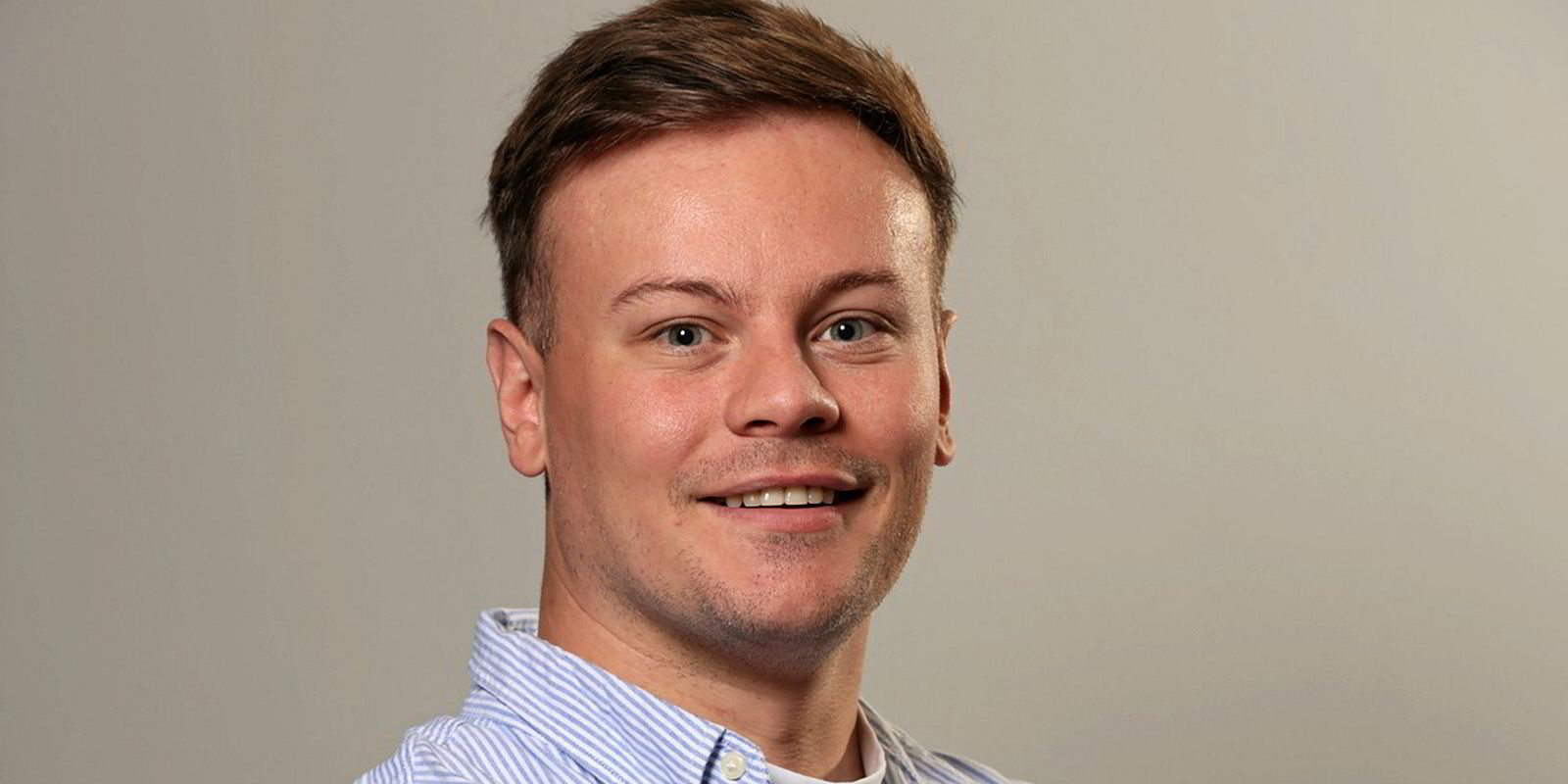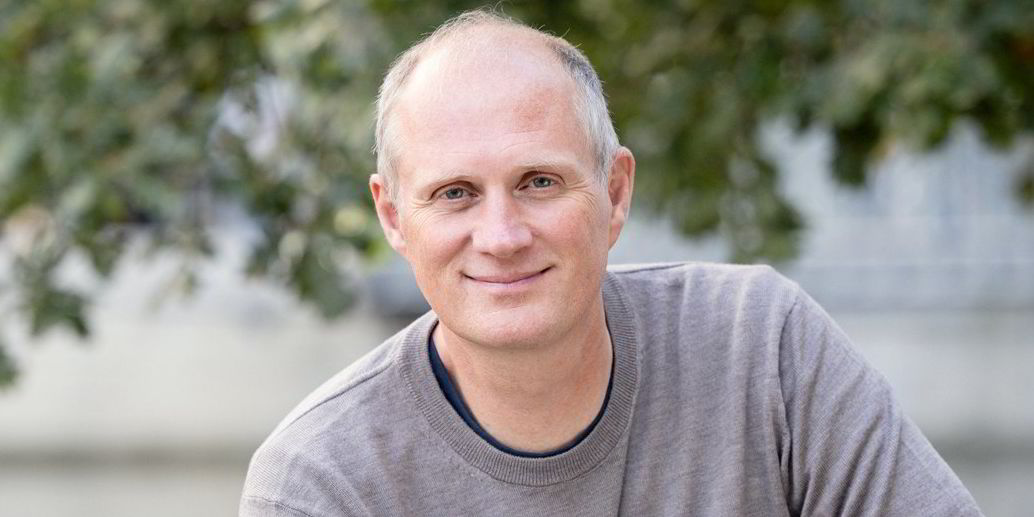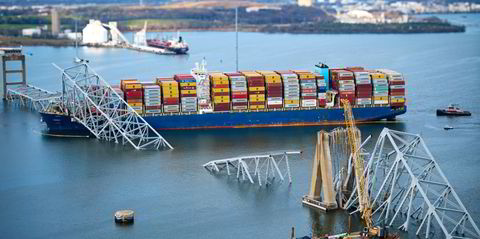UK shipping analytics start-up Ceto has launched a new carbon emissions management platform.
The Newcastle company said shipowners, managers and charterers will be able to monitor, report and control their fleets’ emissions using the CarbonID service.
Ceto, backed by shipping insurers, said the launch comes at a critical time as the sector prepares for the full implementation of the European Union’s Emissions Trading Scheme regulations.
CarbonID promises quick and accurate visibility of carbon credit (EUA) requirements for voyages that fall under the ETS.
The artificial intelligence engine will also forecast how any route deviations will affect output.
These could include sudden attacks on the vessel, Ceto said.
Future features include the addition of verification services, the ability to invoice cargo owners directly from the platform and the ability to optimise passages based on vessel performance data to bring down EUA requirements on voyages with EU port calls, the company said.
Chief executive Tony Hildrew argued that ETS compliance is simple.
“Why should the software that monitors EUA exposure be complicated? This efficient and forward-looking platform prioritises transparency and eliminates the need for lengthy contractual negotiations, ensuring that maritime companies can confidently navigate the evolving environmental landscape,” he added.
Ceto, set up in 2020, stepped up its operations last October with the closure of a second seed-funding round.
Insurers buy in
The £1.5m ($1.9m) financing was led by insurer Howden Ventures. Funding also came from another insurer, Chaucer Group, and Founders Factory, plus existing investors from Business Investors Group.
Ceto was set up to use AI and predictive analytics to spot vessel machinery breakdown risks earlier than conventional detection methods.
Marine engineer Hildrew previously worked at ship repairer A&P, Nautical Management Services and brokerage West Nautical.
He told TradeWinds that his company is collaborating with a large container line and a big gas carrier company, plus Japanese class society ClassNK and some Japanese members of the Internet of Ships Open Platform.
The UK’s Port of Tyne and Japanese insurer Tokio Marine Kiln are also involved.





